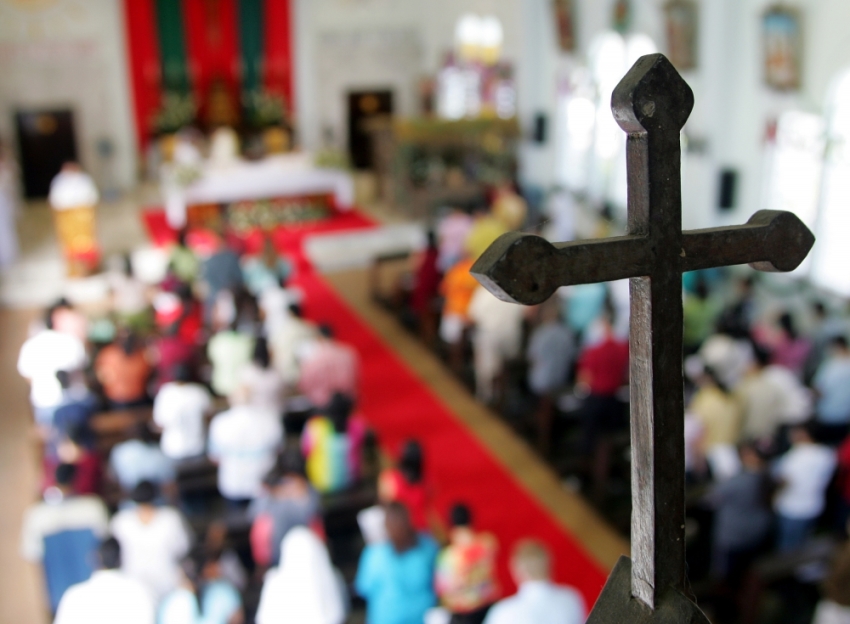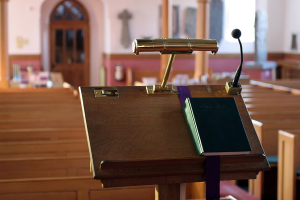Christians who fled China forced to relocate again after South Korea rejects asylum claims

A Christian congregation that fled to South Korea from China has now traveled to Thailand to appeal for asylum due to continued persecution from Chinese officials.
The Shenzhen Holy Reformed Church members have given up on seeking asylum in South Korea after their claims were denied multiple times since congregation members fled the southern Chinese city of Shenzhen between late 2019 and early 2020.
According to a statement published Monday in The Wall Street Journal by Pan Yongguange, the church’s pastor, nearly 60 members were scheduled to visit the U.N. refugee office in Bangkok, Thailand’s capital, to submit applications for refugee status.
Church members are also seeking resettlement in the United States and have expressed this to U.S. diplomats.
“We aren’t able to secure any status through legal processes in South Korea, and the U.S. also hasn’t resettled us,” the pastor stated.
The situation is rare, according to the Journal, as it involves a large number of members seeking asylum, a testament to concerns about Chinese leader Xi Jinping’s handling of the freedom of religion.
Members of the congregation entered Thailand with their Chinese passports and appealed directly to the U.N. refugee agency. Some received tourist visas that are valid for 15 days, while others sought extensions on visas that were set to expire on Monday.
While Shenzhen church members could have stayed in Jeju, South Korea, while appealing their asylum claims, the process could take years.
Members feared retaliation from the Chinese government and stood little chance of having their asylum claims granted. Recently, some in the congregation have reported receiving “harassing phone calls” from Chinese officials who claim the church is committing national security offenses.
Additionally, congregation members have reported that Chinese authorities have interrogated their relatives back home.
The authorities in China regard the church as illegal, according to the Journal, and the frequent persecution convinced members to gradually flee China starting in late 2019.
It is unknown how long the congregation will be allowed to remain in Bangkok, and many fear they will be deported to China should their visas run out.
“This is dangerous but it is an opportunity,” Yongguange said. “If we stayed in Jeju, we would have had no chance.”
Last month, the U.S.-based group ChinaAid, which monitors human rights violations in China, reported that the Christians were living in small rented houses on an island off the southern tip of South Korea, working menial jobs. The country refused asylum due to the Chinese Communist Party’s influence on the East Asian nation.
During the IRF Summit in late June, ChinaAid President and founder Bob Fu said that the CCP attempted to use technology to locate the church's pastor and others.
Fu also pointed out that the Chinese Embassy in South Korea had called church members on the island to tell them they had betrayed their country and should return home.
Partners of ChinaAid and Freedom Seekers International, an organization that helps persecuted Christians relocate, visit the Christians on the island frequently, "leaving a lasting American presence on the island."
In June 2021, the Journal reported that the Chinese Christians wanted to resettle in the U.S., but they were unsure of their asylum requests would be granted.
In 2018, the Chinese government banned the sale of Bibles at online bookstores across the country to comply with a "white paper" that dictated compliance with the "core values of socialism."
The white paper declared that Chinese faith communities "should adhere to the direction of localizing the religion, practice the core values of socialism, develop and expand the fine Chinese tradition and actively explore the religious thought which accords with China's national circumstances."



























